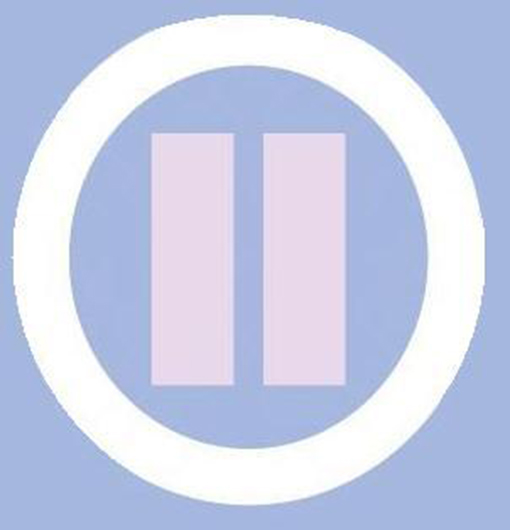Itchy, red eyes. Running nose. Lots of sneezing. Sound familiar? Millions of people suffering with environmental allergies know them well. For some, these symptoms offer an occasional nuisance. For others, they significantly affect their well-being.
Managing allergies isn’t just about making yourself more comfortable, though that’s a good enough reason. An unchecked allergic response not only affects your quality of life but also can lead to serious health issues. Headaches, stuffy nose and watery eyes often make it difficult to focus on work, do daily activities, or even to sleep. More serious conditions like sinusitis and asthma can also occur.
Though most people associate spring time with allergy symptoms they can happen throughout the year depending on your sensitivity. Tree pollen is the usual culprit during Spring, grass allergies during Summer and ragweed in Autumn. Dust, other indoor allergens like pet dander, and mold can trigger symptoms throughout the year.
Don’t despair. Year round triggers don’t mean you have to continuously suffer. In addition to receiving medical support from your doctor you can take steps on your own to help keep symptoms at bay. Add a few of these health boosting habits to your personal wellness toolkit to help you overcome allergens. You might be surprised at what a difference they make.
- See your primary care doctor for evaluation and treatment if you think you have environmental allergies. You want to make sure nothing else is going on.
- Know your triggers so you can prepared in advance. If your doctor prescribes medication to control allergies, she might also recommend you start taking it a few weeks before your difficult season starts. This helps your immune system prepare so you’re less sensitive.
- Your doctor might give you a regimen that includes medications like antihistamine pills, eye drops, nose drops, and/or inhalers. She might also recommend non-pharmaceutical things like normal saline eye wash, a neti pot or normal saline nose spray to help wash pollen out of your eyes and nose. Whatever your regimen, be prepared with and have your supplies on hand as you get closer to the challenging season.
- Minimize your exposure to allergens.
- Keep outdoor time to a minimum during the peak pollen weeks during your sensitive season. Avoid long walks outside. Keep house windows closed during that time. Drive with your windows up too. It can be frustrating to miss out on fresh air, but sneezing, wheezing, and tearing is frustrating too.
- Don’t hang your clothes out to dry during peak season. They’ll get pollen covered while hanging. Who wants to wear allergens in addition to breathing them?
- During peak season change your clothes when you get home. You probably have pollen on them.
- Sleep with your windows closed. Pollen count increases overnight and your cortisol level (which helps your body generate an immune response) dips. This is a recipe for disaster for poorly controlled allergies, especially if you’re also prone to asthma.
The Ultimate Health and Wellness Guide Dr. Donna Hamilton, MD has a mission to help everyone live the healthy, satisfying lives they’re meant to lead. A dynamic holistic wellness speaker, Dr. Hamilton passionately teaches what being healthy really means and how to do it in a way that fits your unique needs. Her easy, practical tips assist you with assessing the entire wellness landscape and appropriately planning your personal wellness journey. Her workbook Wellness Your Way combines evidence based counseling and coaching skills with her primary care medicine wisdom to assist readers on this journey. For more information or to book Dr. Hamilton for speaking engagements visit www.DonnaHamiltonMD.com or www.ManifestExcellence.com
- 10 Quick, Easy Holiday Self-Care Tips - December 15, 2017
- Health Benefits of Kindness and Compassion - June 3, 2017
- Why Self-Care is Good for Your Health - May 10, 2017






